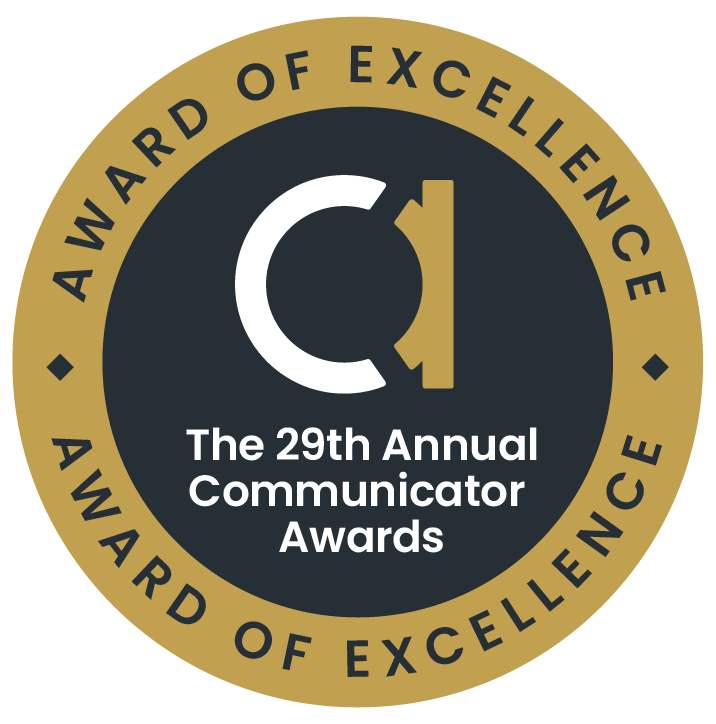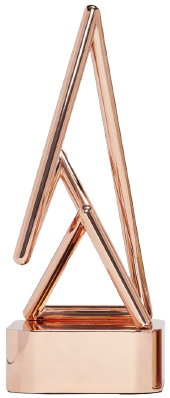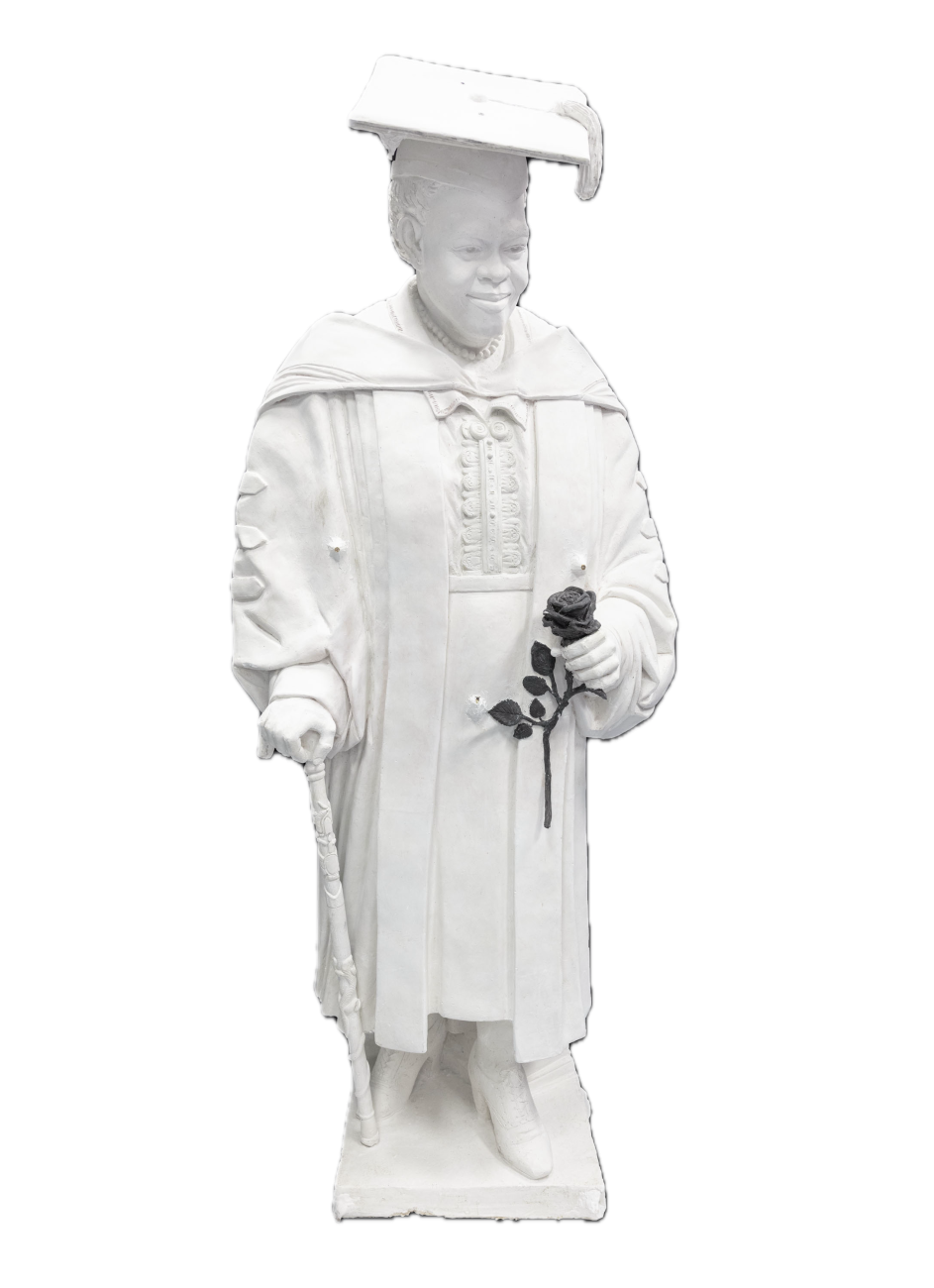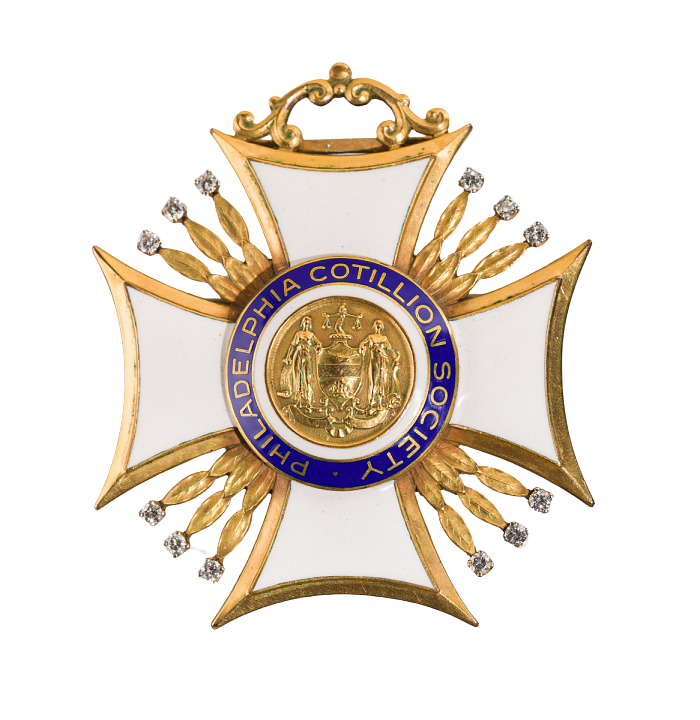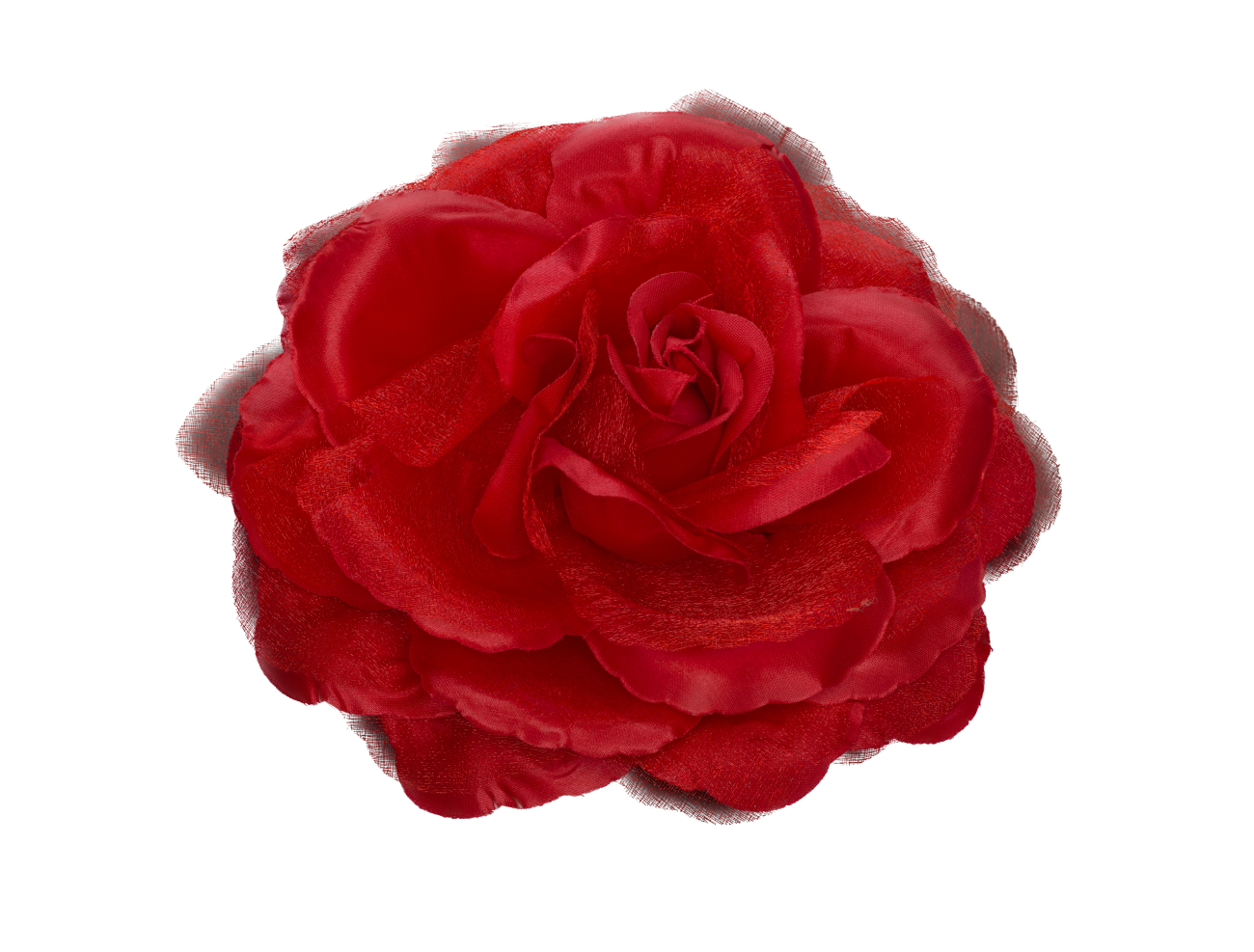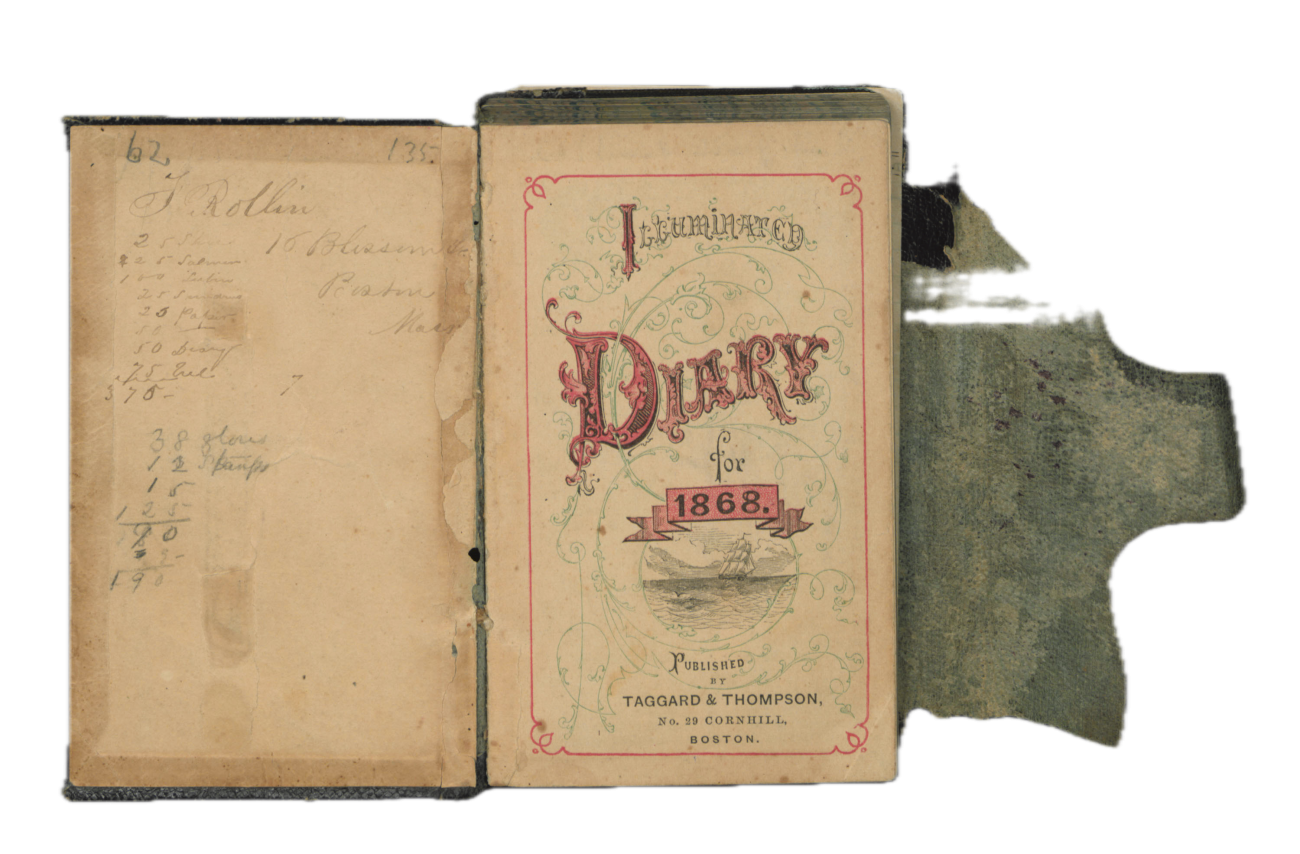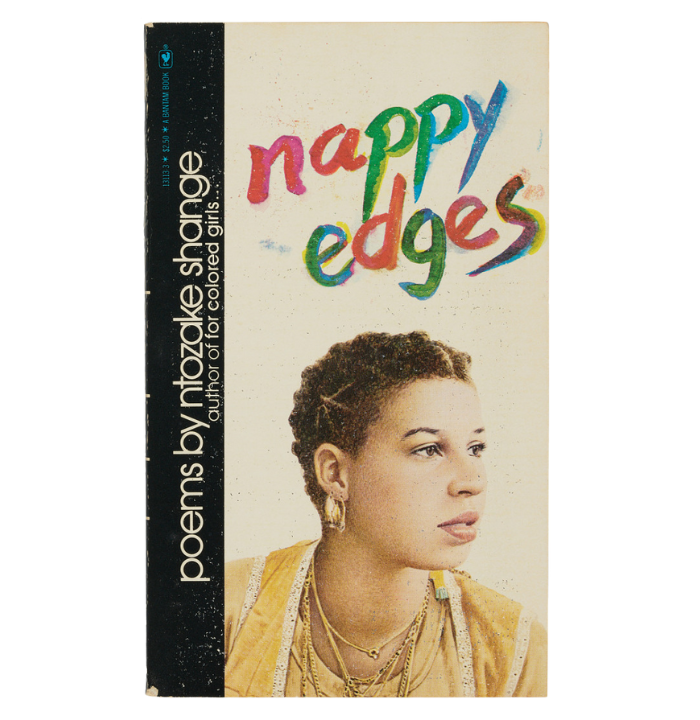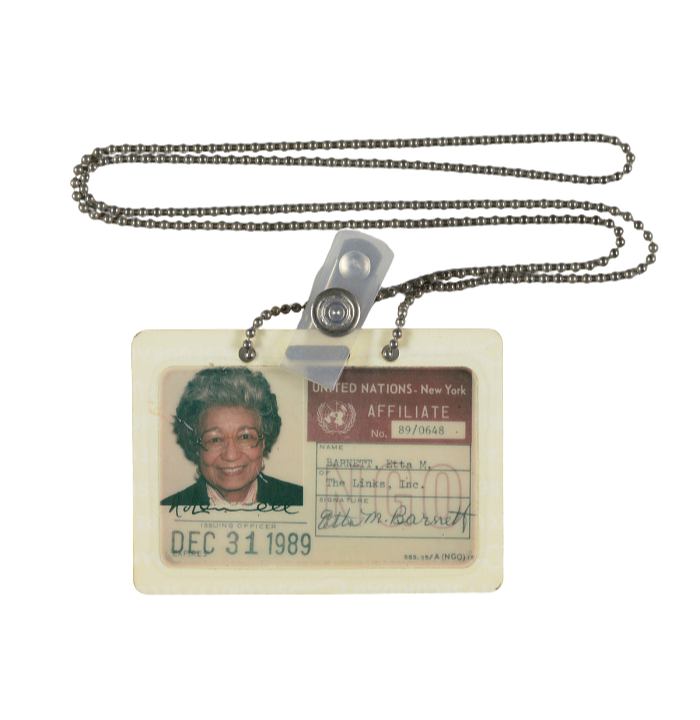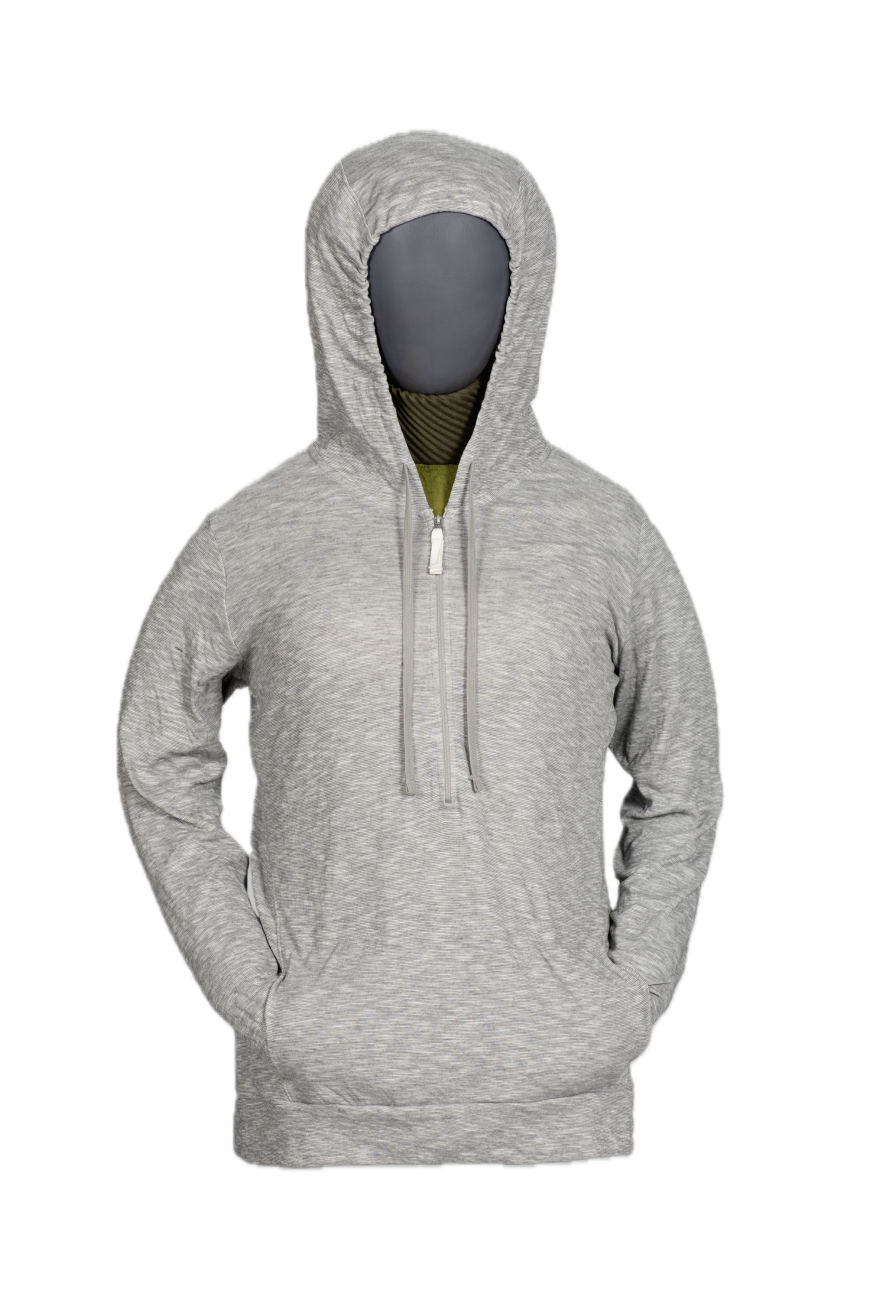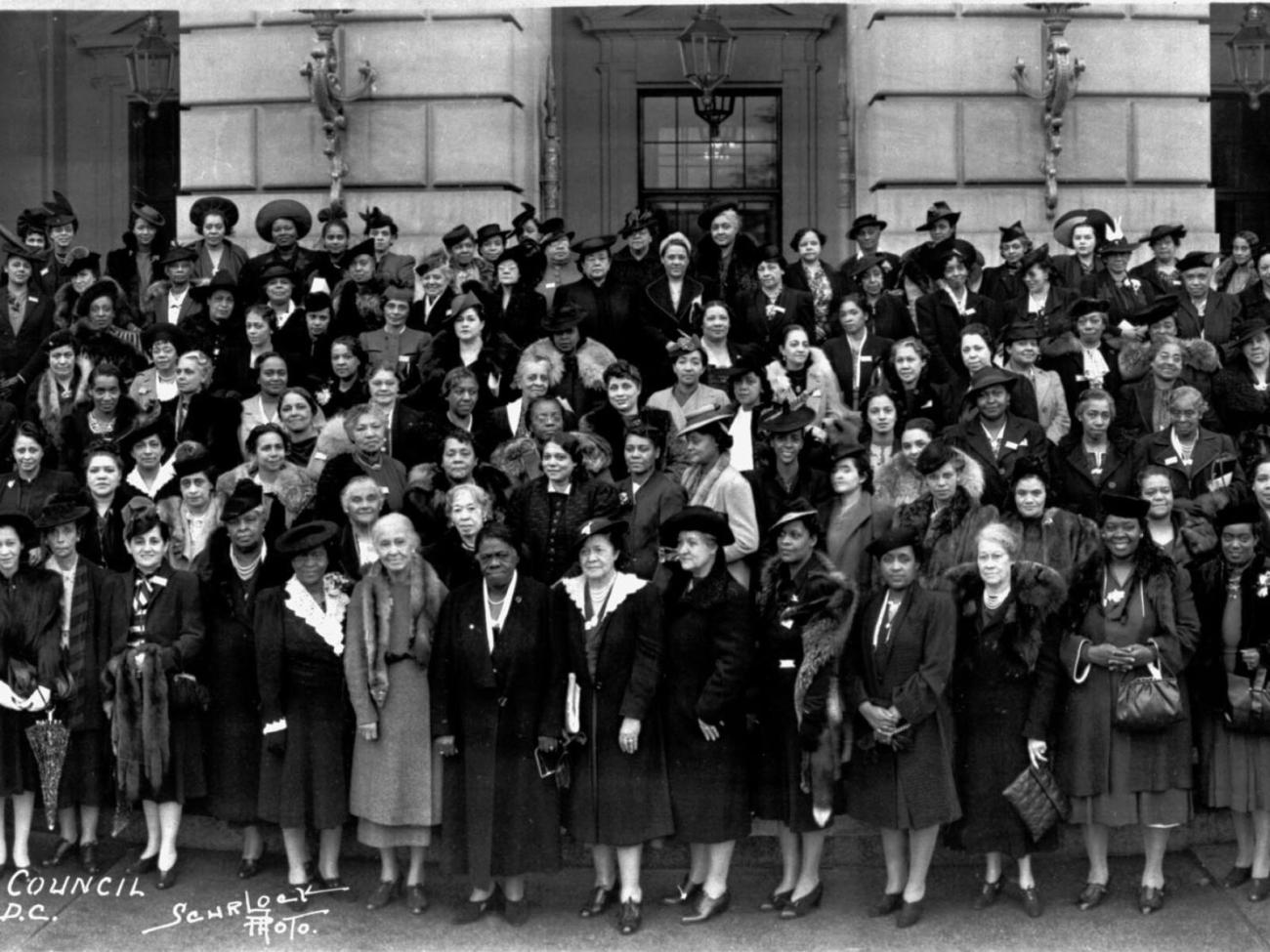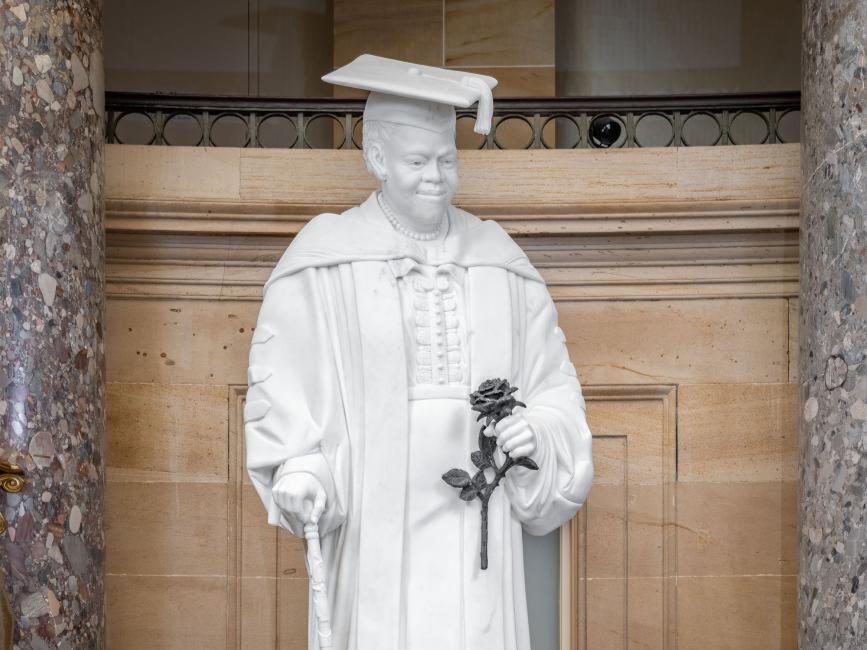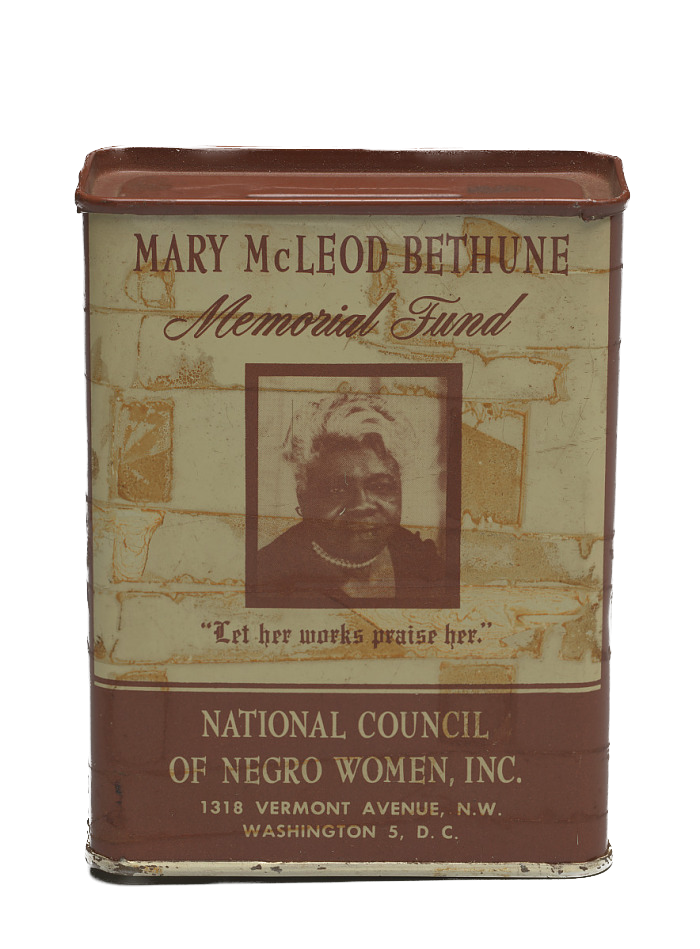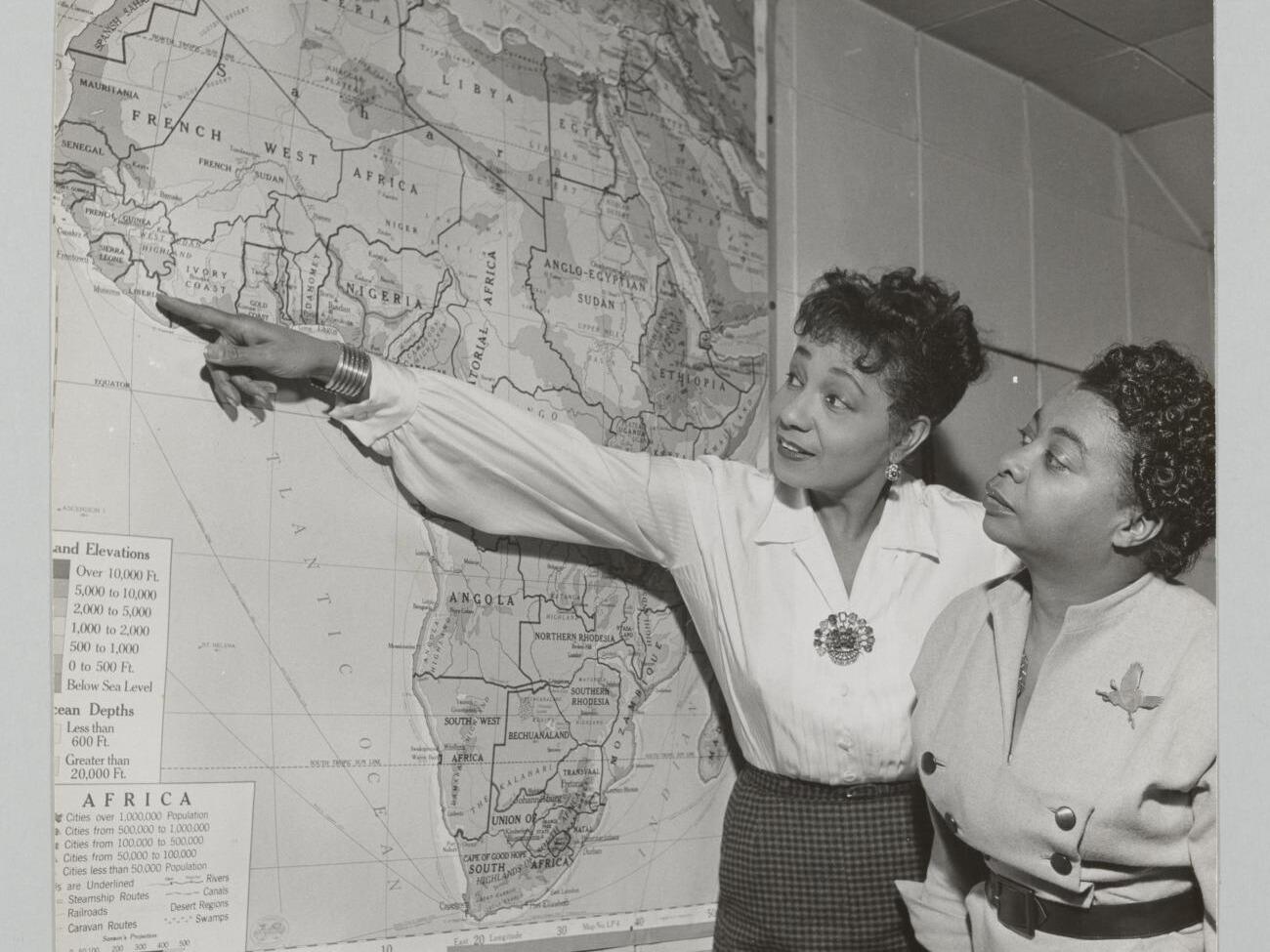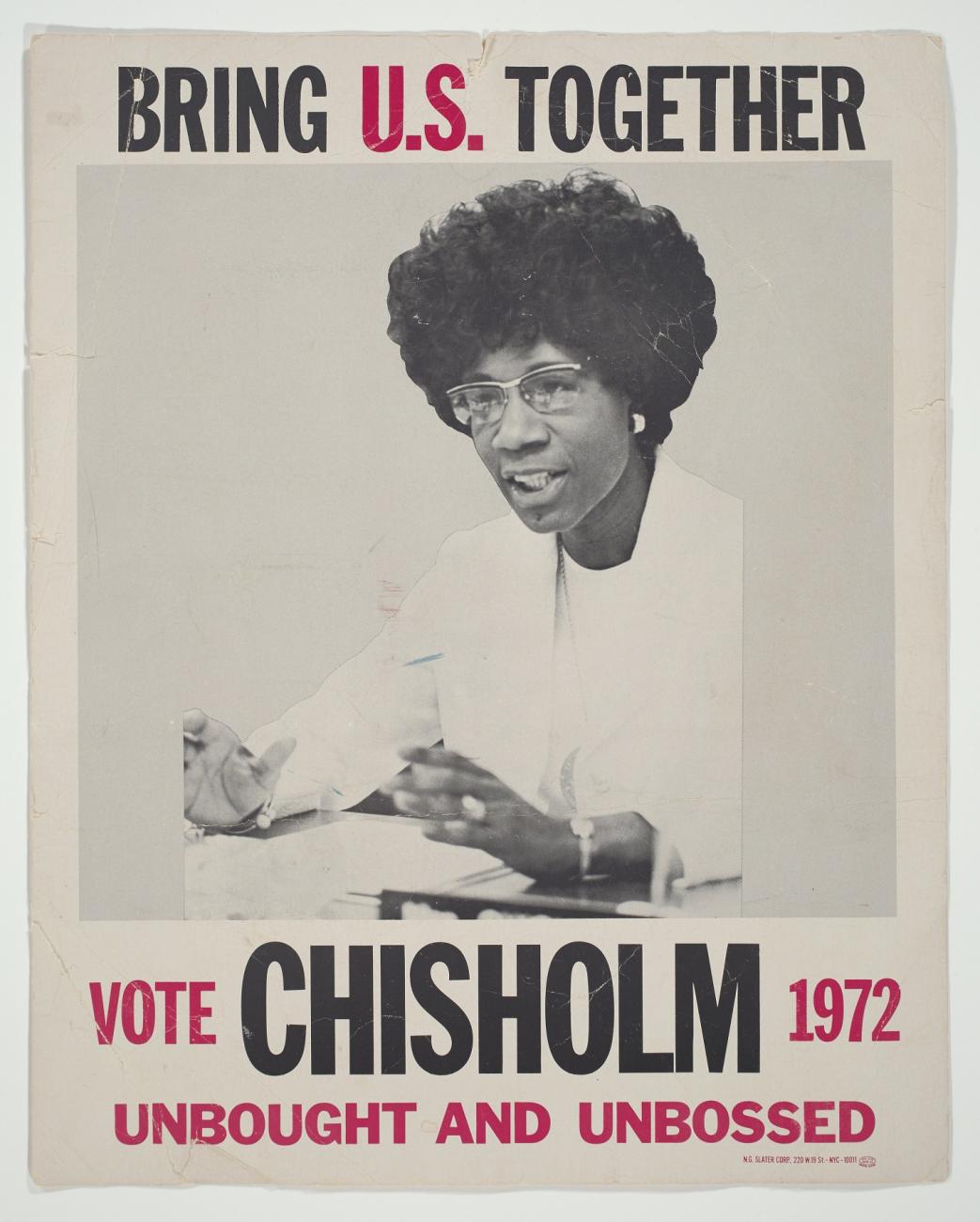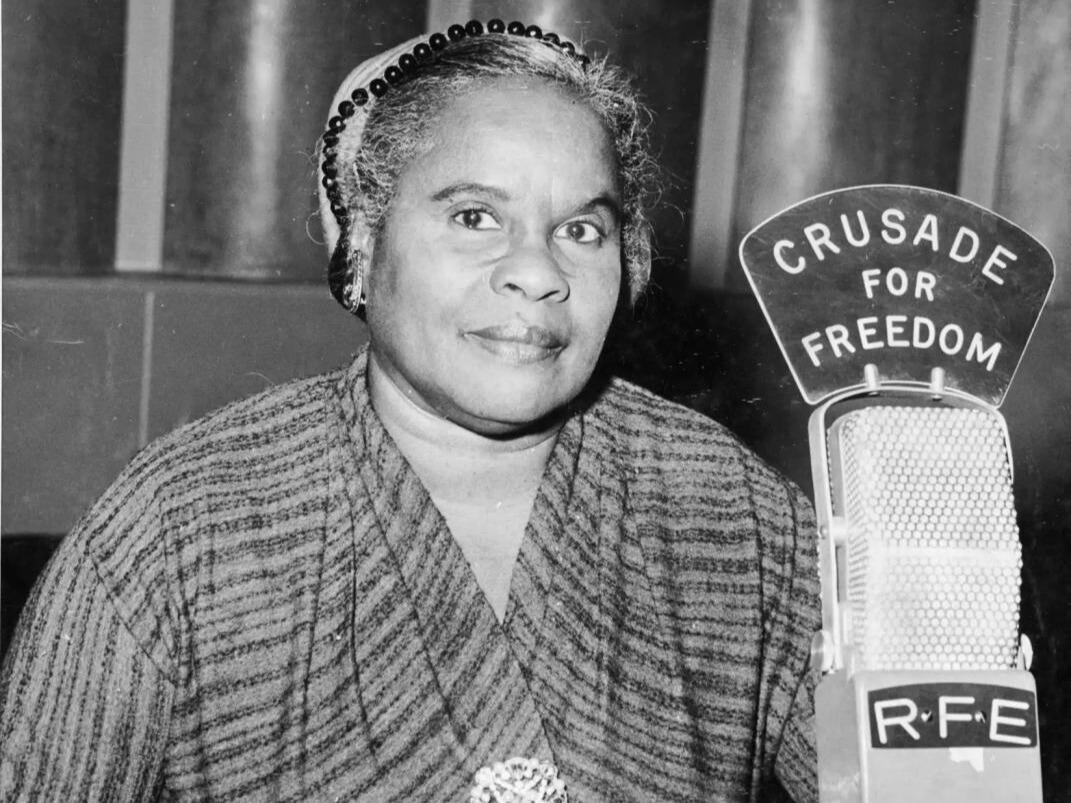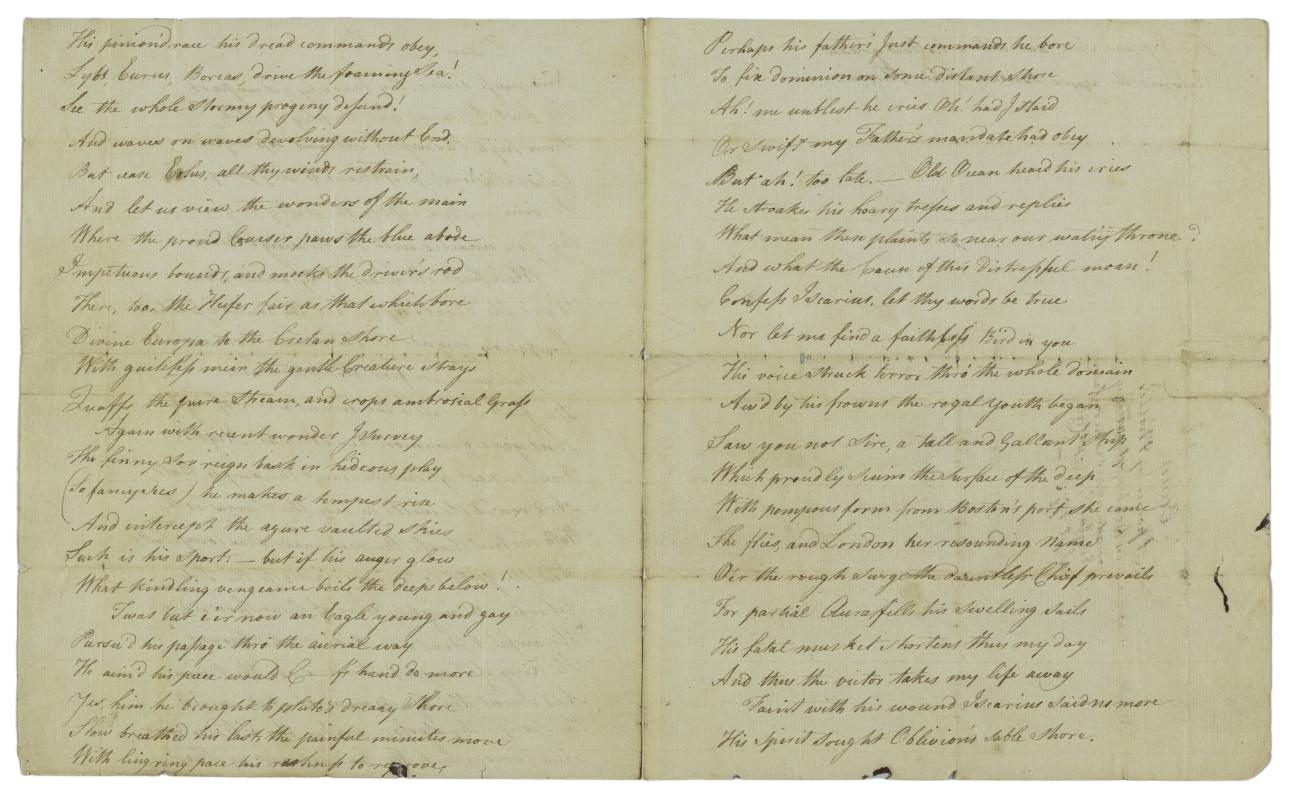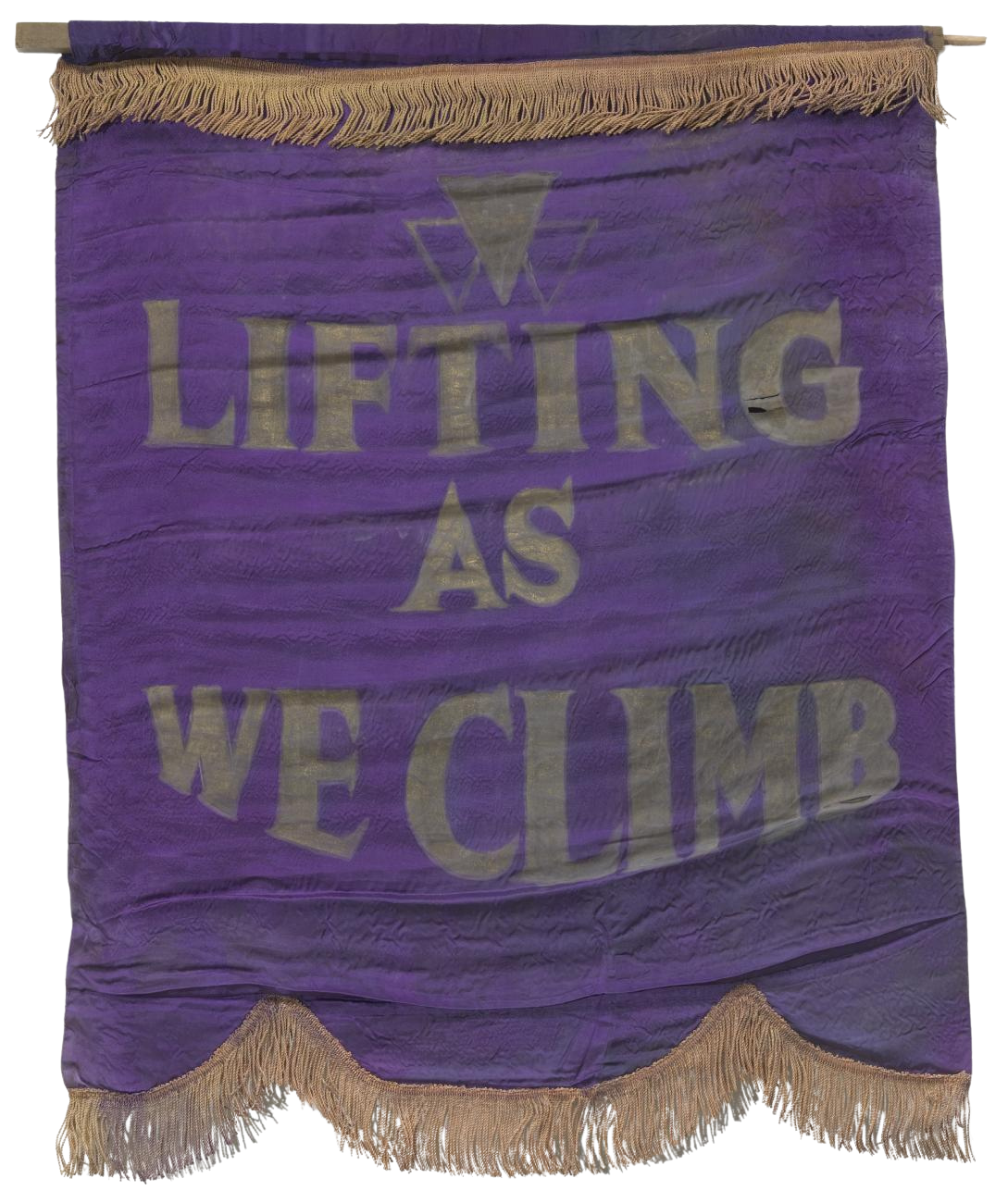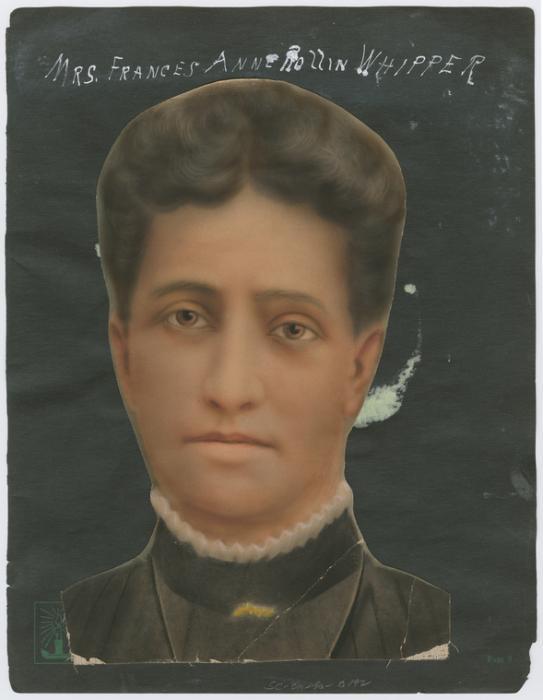Forces for Change: Mary McLeod Bethune and Black Women’s Activism explores renowned educator and reformer Mary McLeod Bethune (1875–1955) and other Black women social change agents, past and present.
About the Gallery
- When: Ongoing
- Where: Level 3 (L3), "Making a Way Out of No Way" Exhibition, Community Galleries
- Curatorial Team: Michèle Gates Moresi, Katy Kendrick, Tulani Salahu-Din and Angela Tate
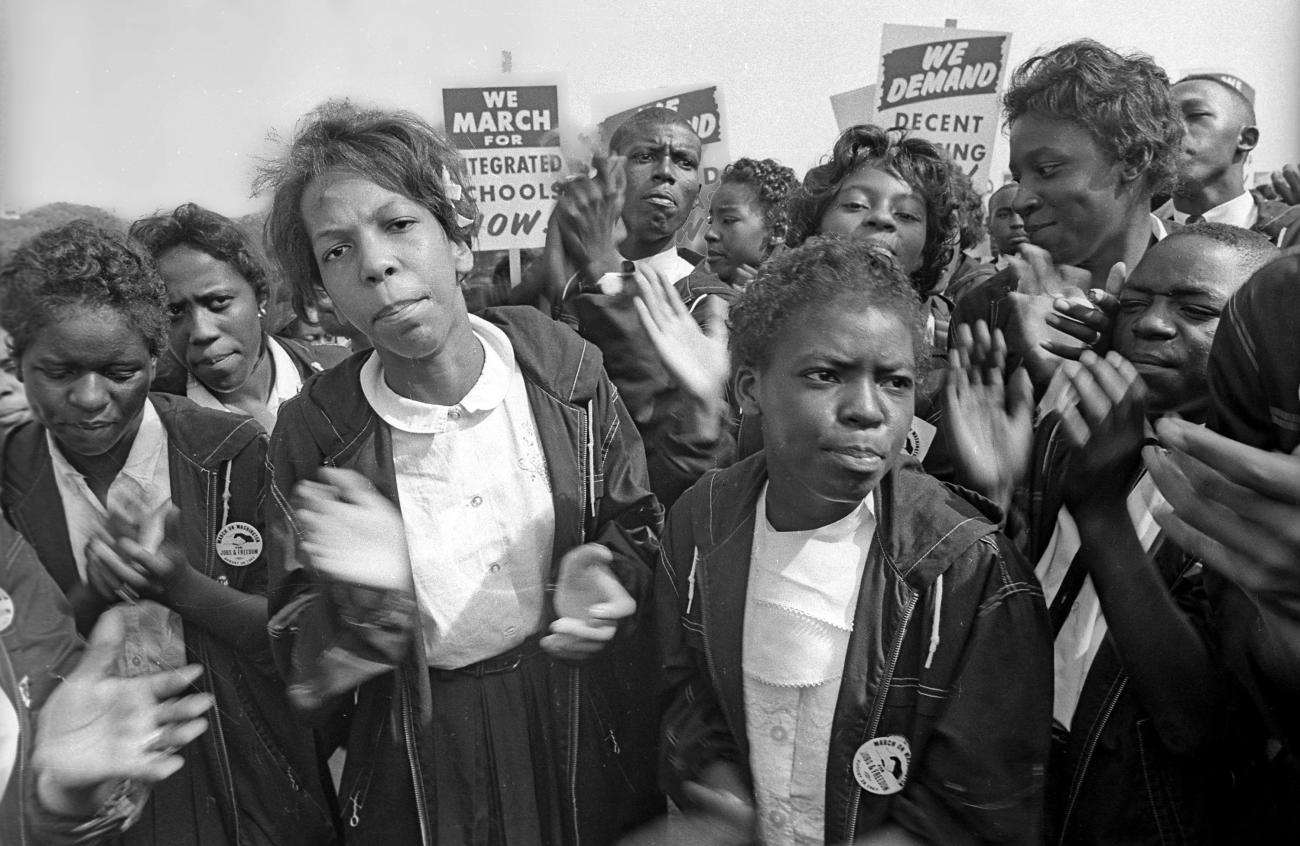
The Experience
Opening July 19, 2024, "Forces for Change: Mary McLeod Bethune and Black Women’s Activism" is a dynamic reimagining of the space dedicated to Mary McLeod Bethune and the National Council of Negro Women.
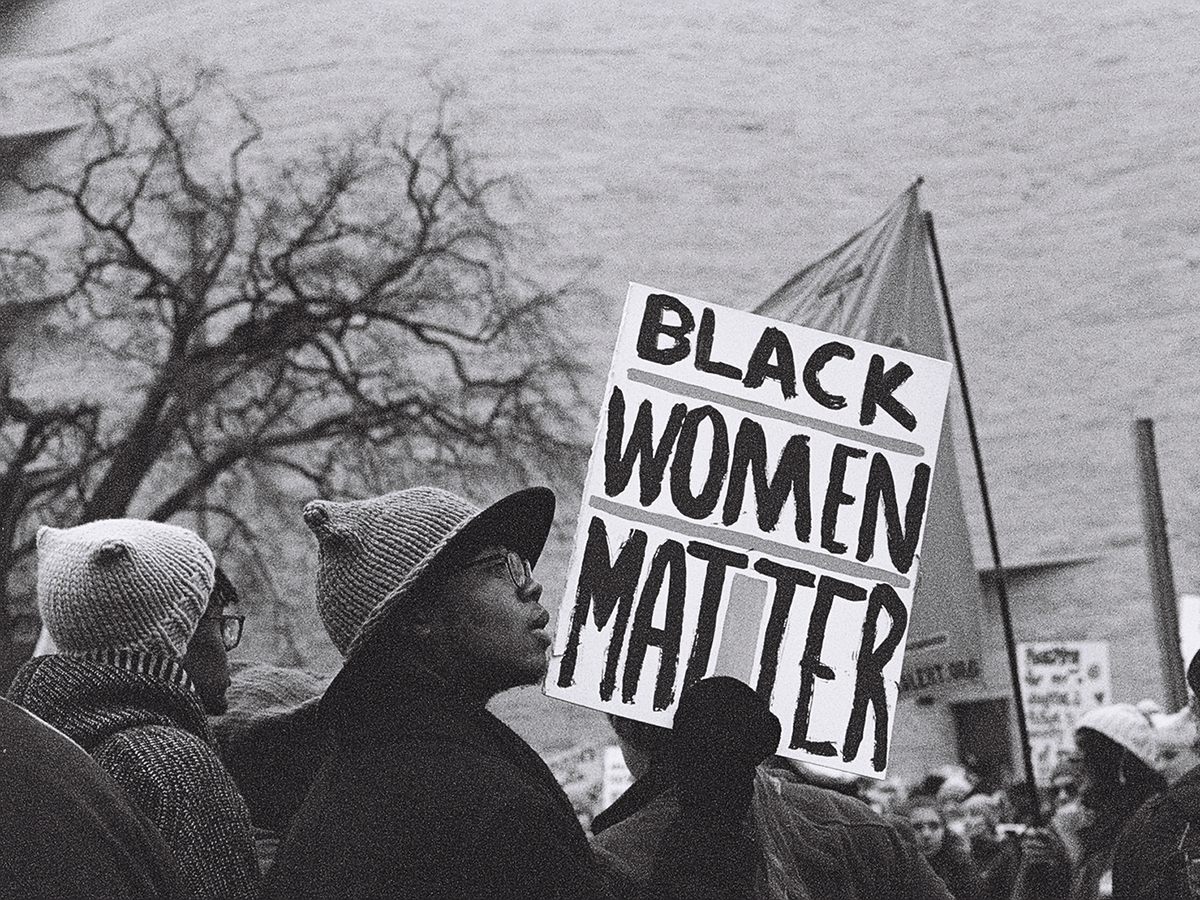
The Collection
Featuring 75 images, 35 artifacts, a multimedia film, an interactive engagement, and an eight-foot-tall plaster sculpture of Mary McLeod Bethune, this gallery illuminates connections across time to Black women changemakers who continue Mary McLeod Bethune's social justice legacy.
Who was Mary McLeod Bethune?
Mary McLeod Bethune worked on multiple fronts to advance the struggle for freedom and equality. She opened doors for Black women to claim their citizenship rights and take an active role in shaping American democracy.
A Closer Look
Acquiring the Bethune Statue
Learn how the museum obtained a plaster model of the Mary McLeod Bethune marble statue that now stands in the Capitol building.
Moving 'Ms. Mary'
Shipped from Italy to the museum, this plaster model—affectionately known among museum staff as 'Ms. Mary'—now stands inside the redesigned gallery dedicated to Bethune's life and legacy.
Carrier of the Legacy
Mary McLeod Bethune's granddaughter, Evelyn Bethune, and other visitors share their gallery experience.
Explore & Share
Journey through history across time and genre in our Searchable Museum.
Changemakers
Black women activists who continue Mary McLeod Bethune’s legacy.
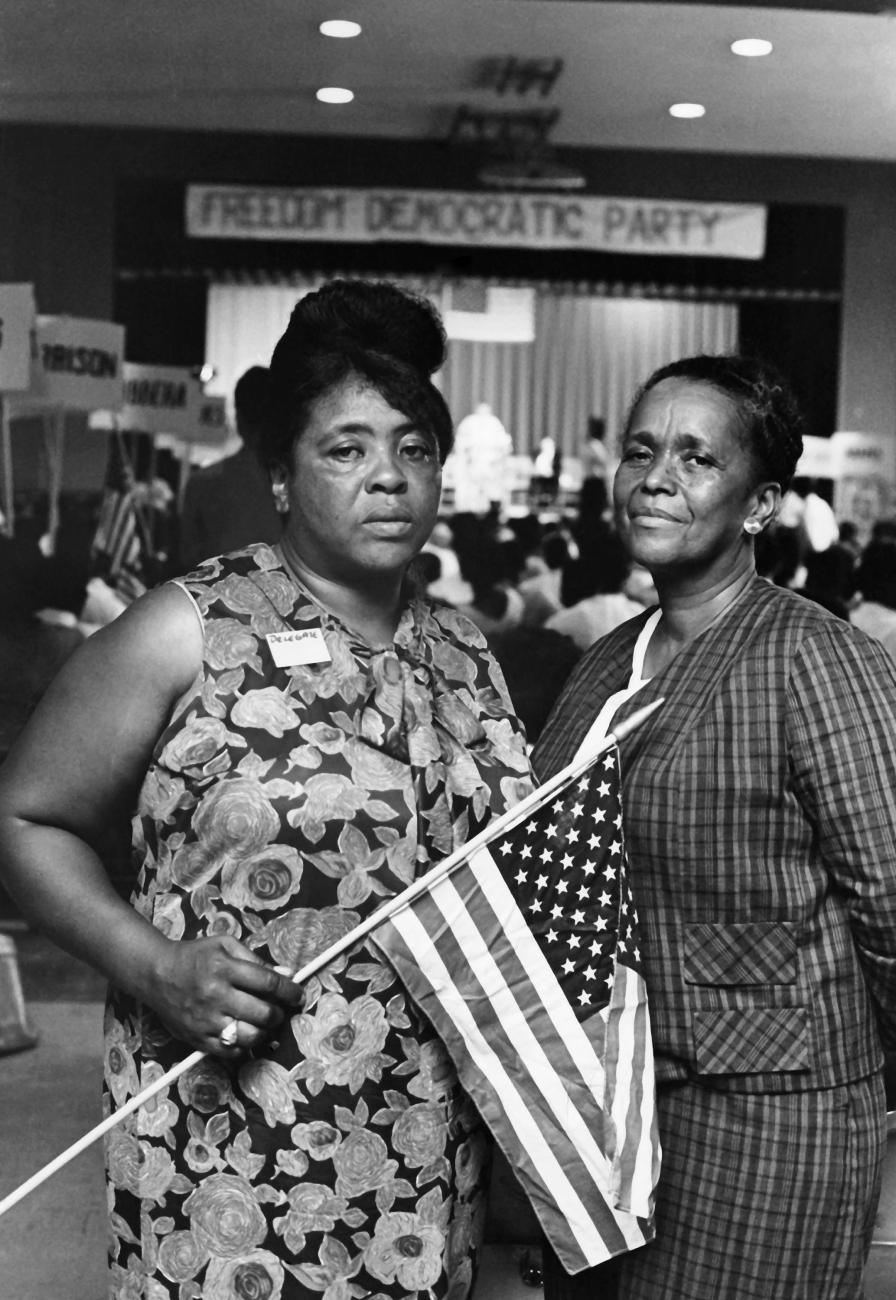
Ella Baker

Mary Church Terrell
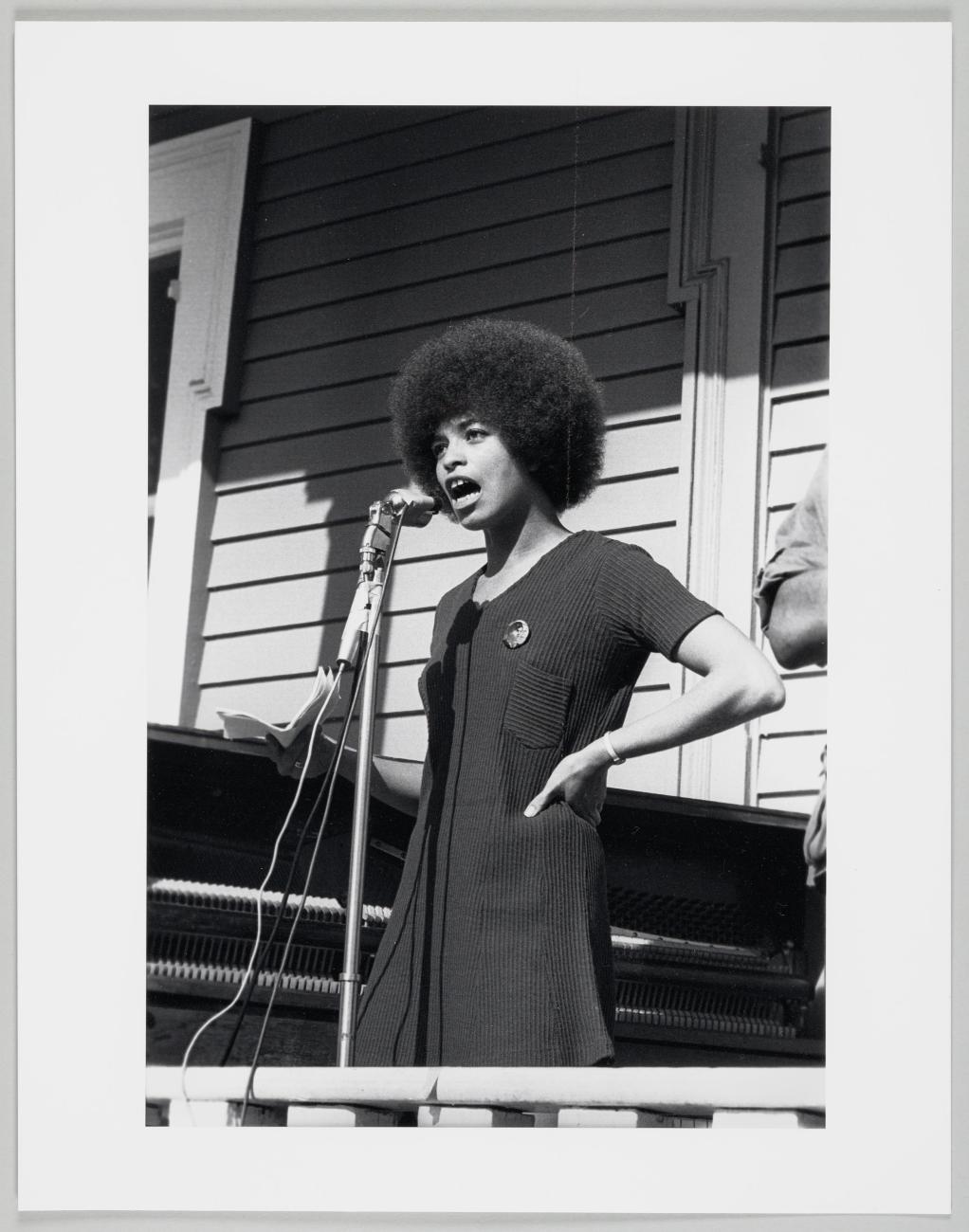
Angela Davis
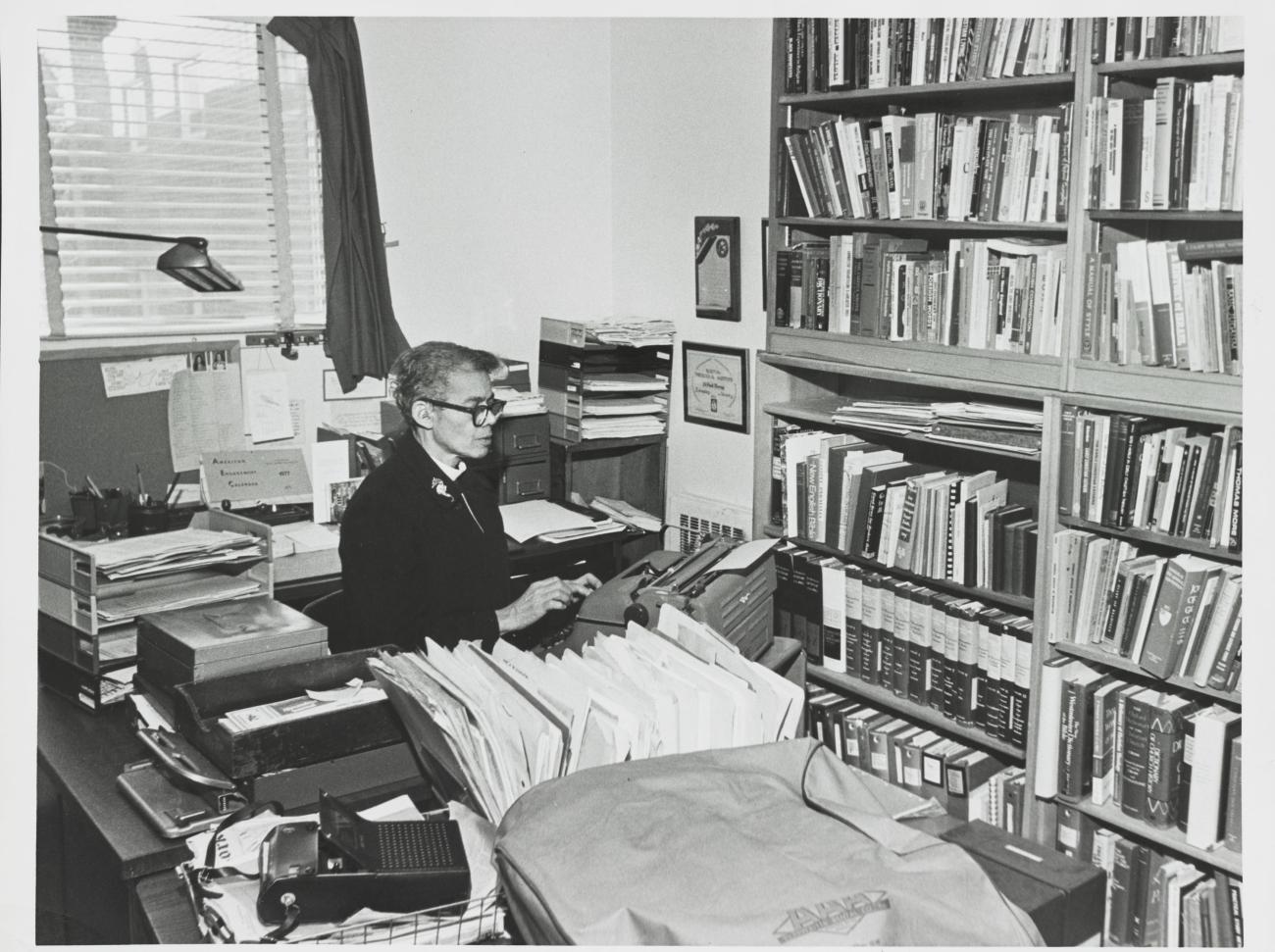
Pauli Murray
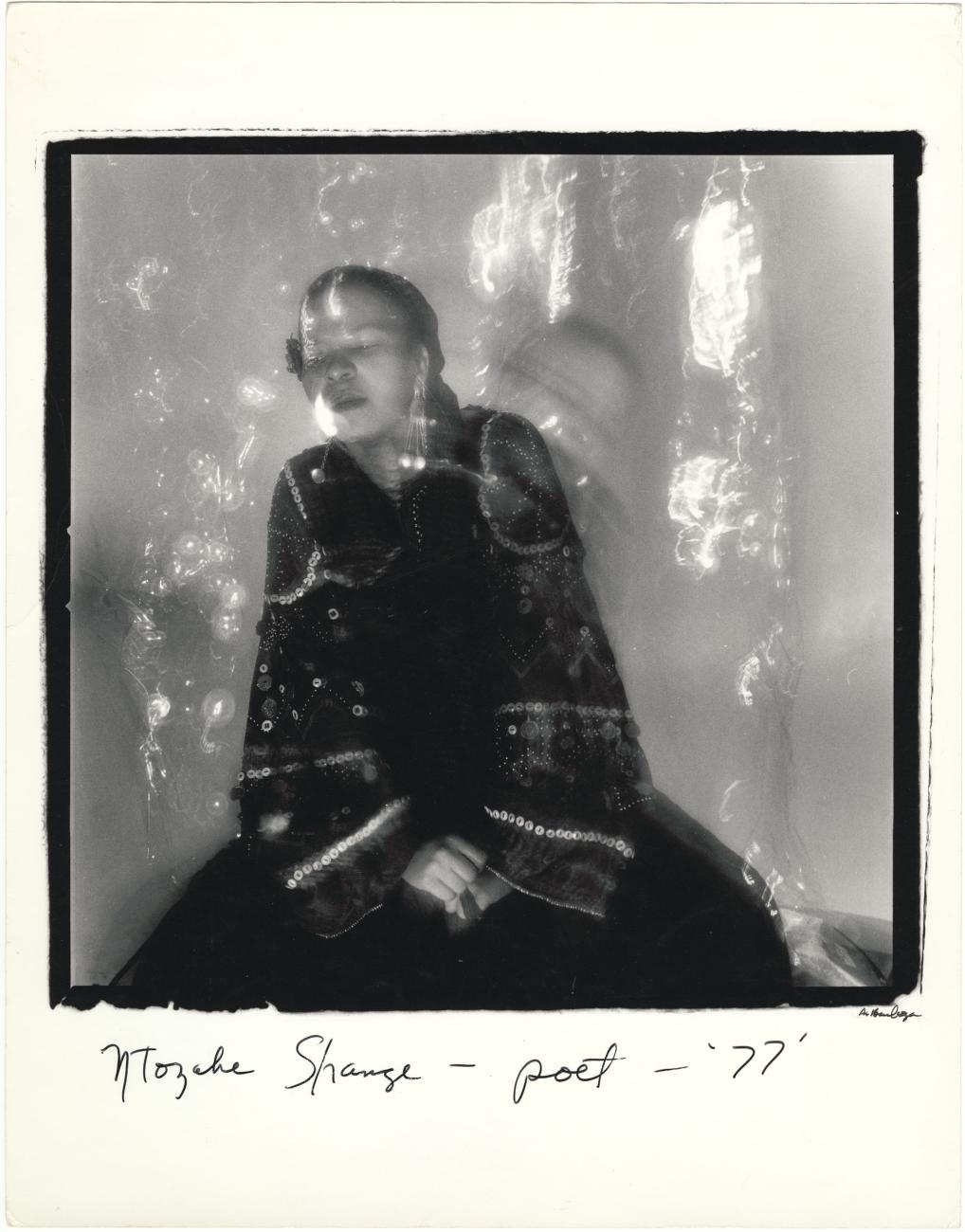
Ntozake Shange
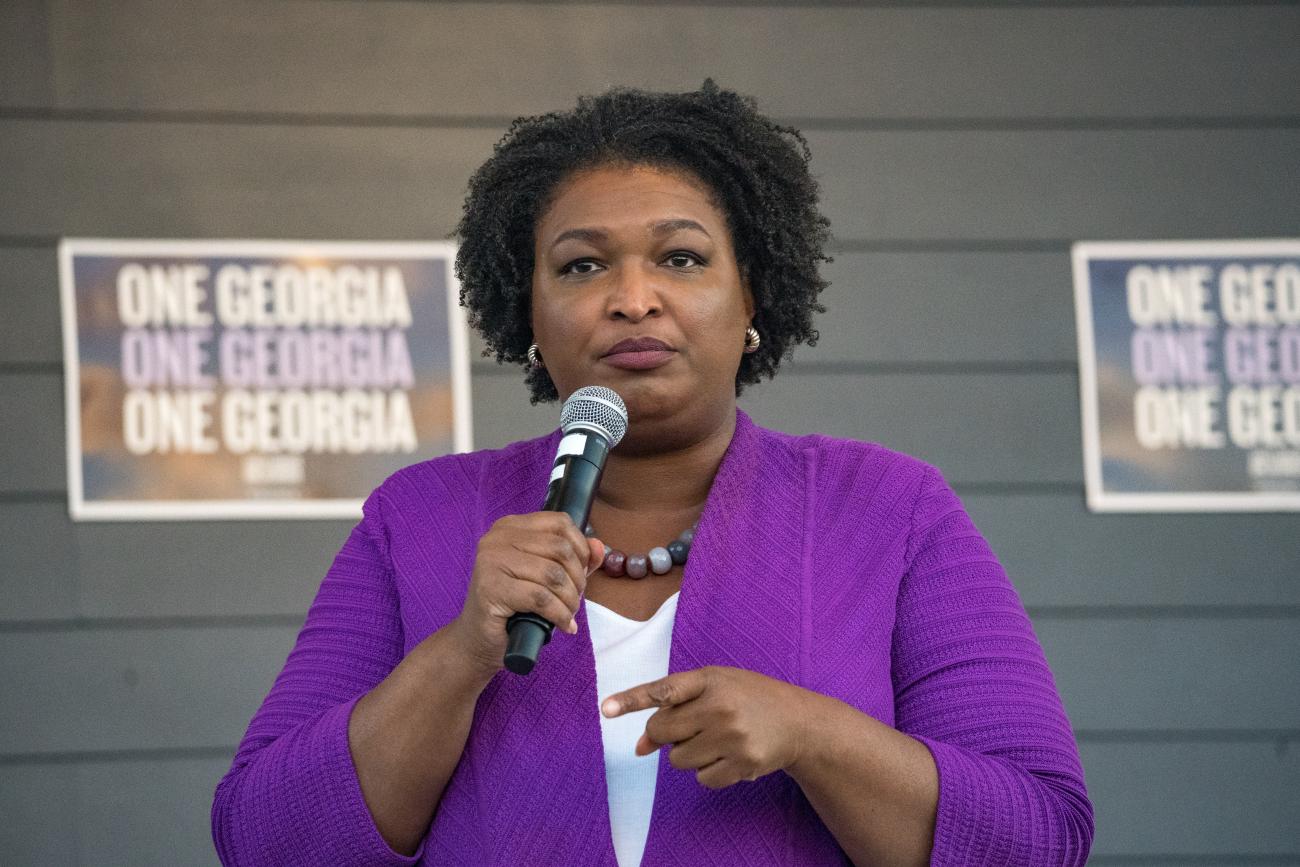
Stacey Abrams
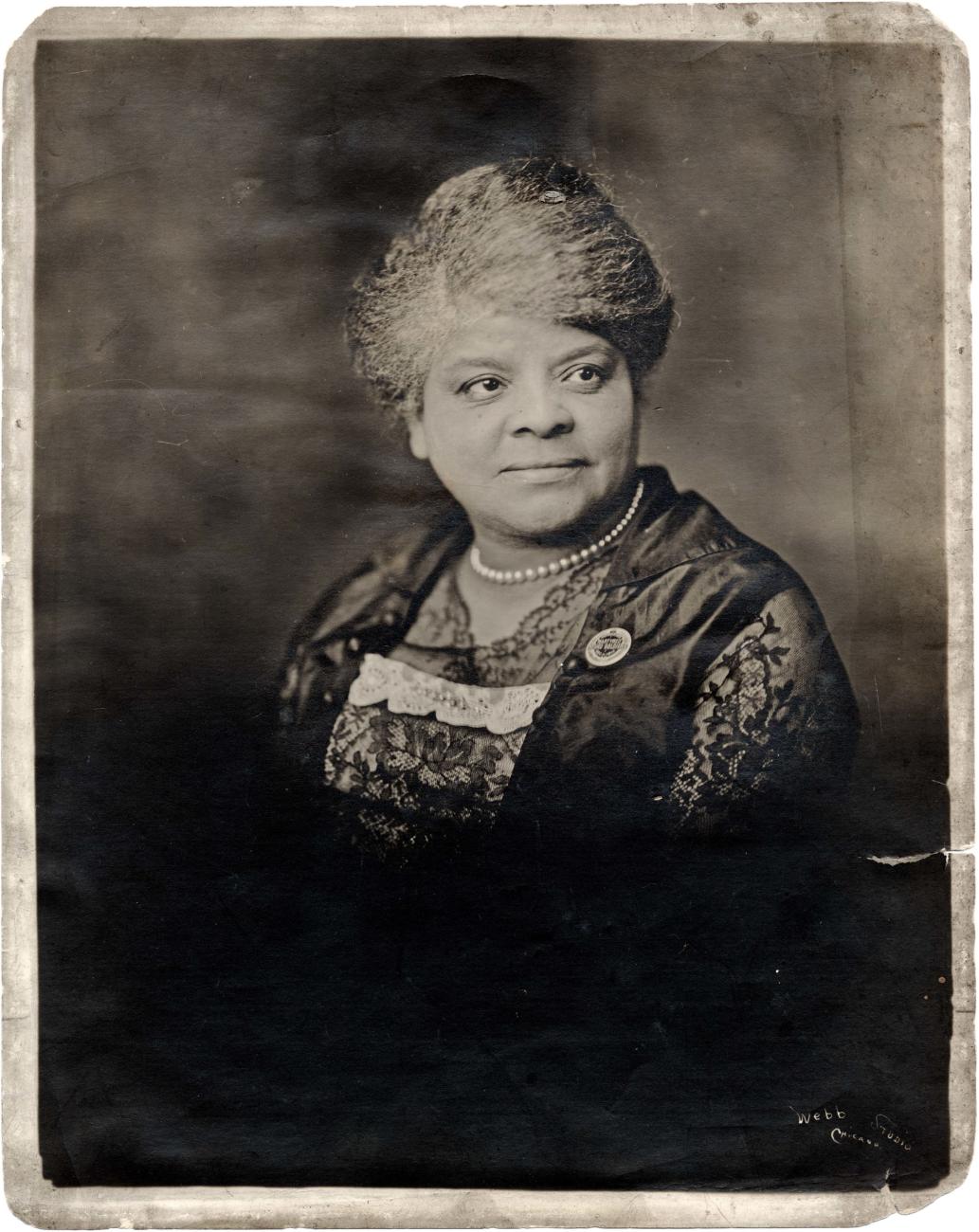
Ida B. Wells-Barnett
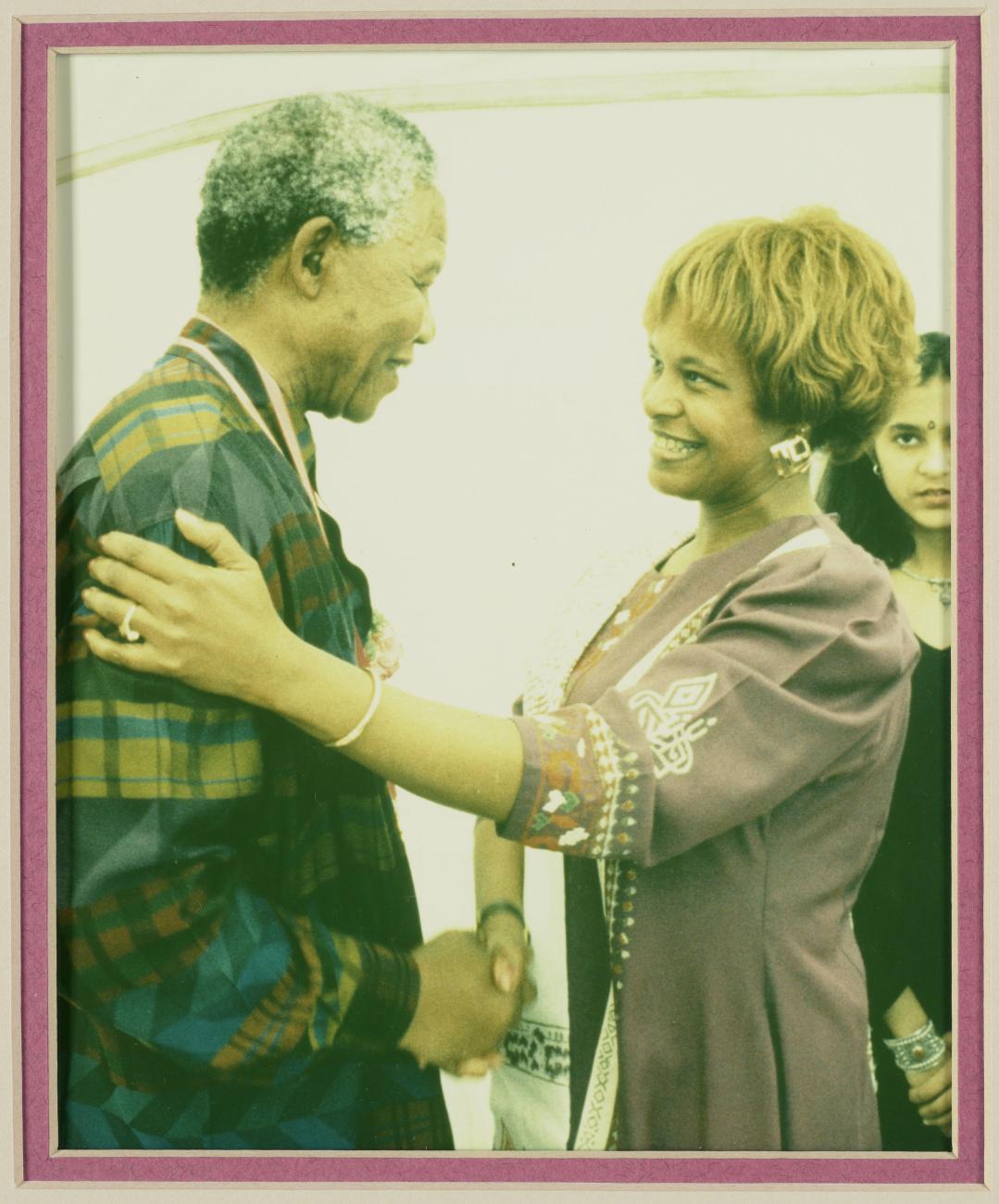
Pamela Bridgewater
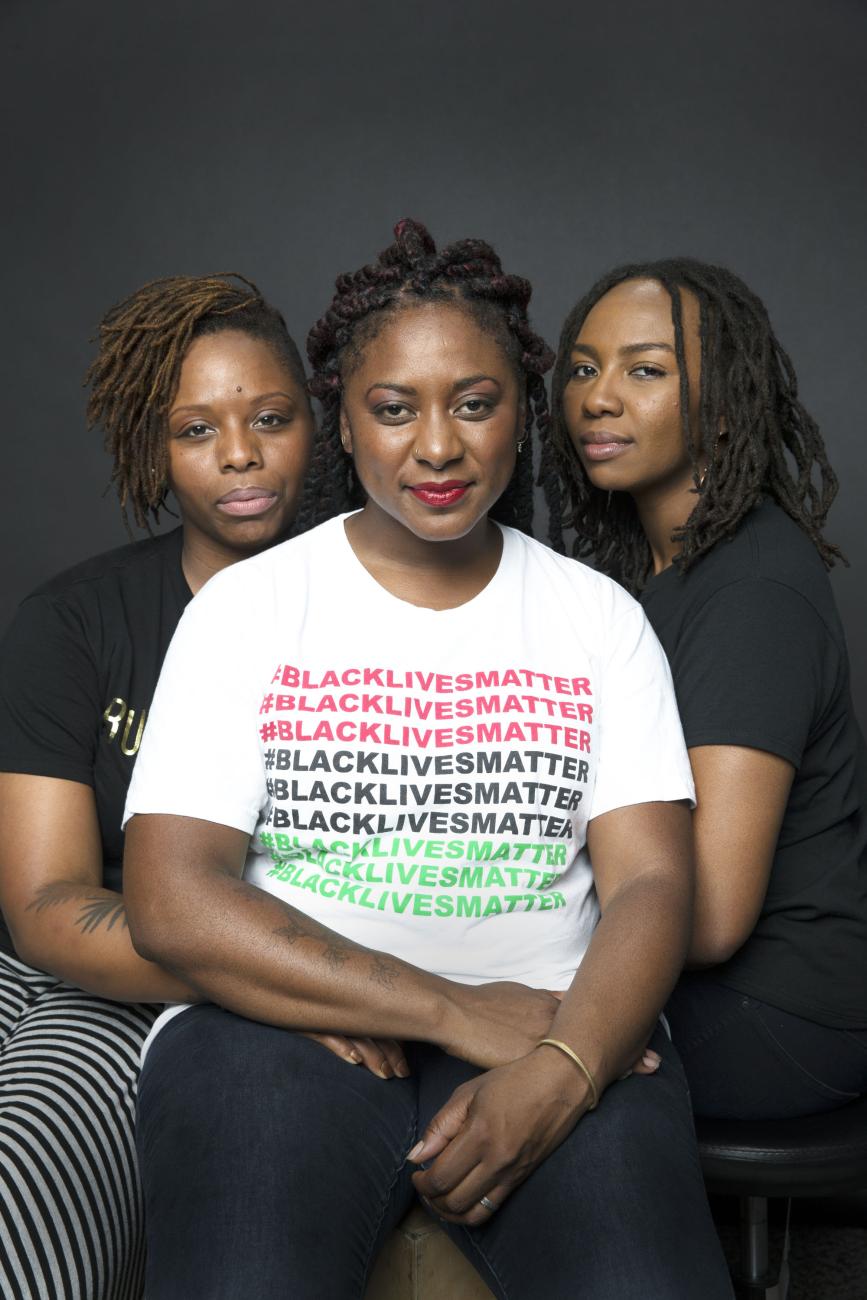
Patrisse Cullors, Alicia Garza, and Ayọ (formerly Opal) Tometi
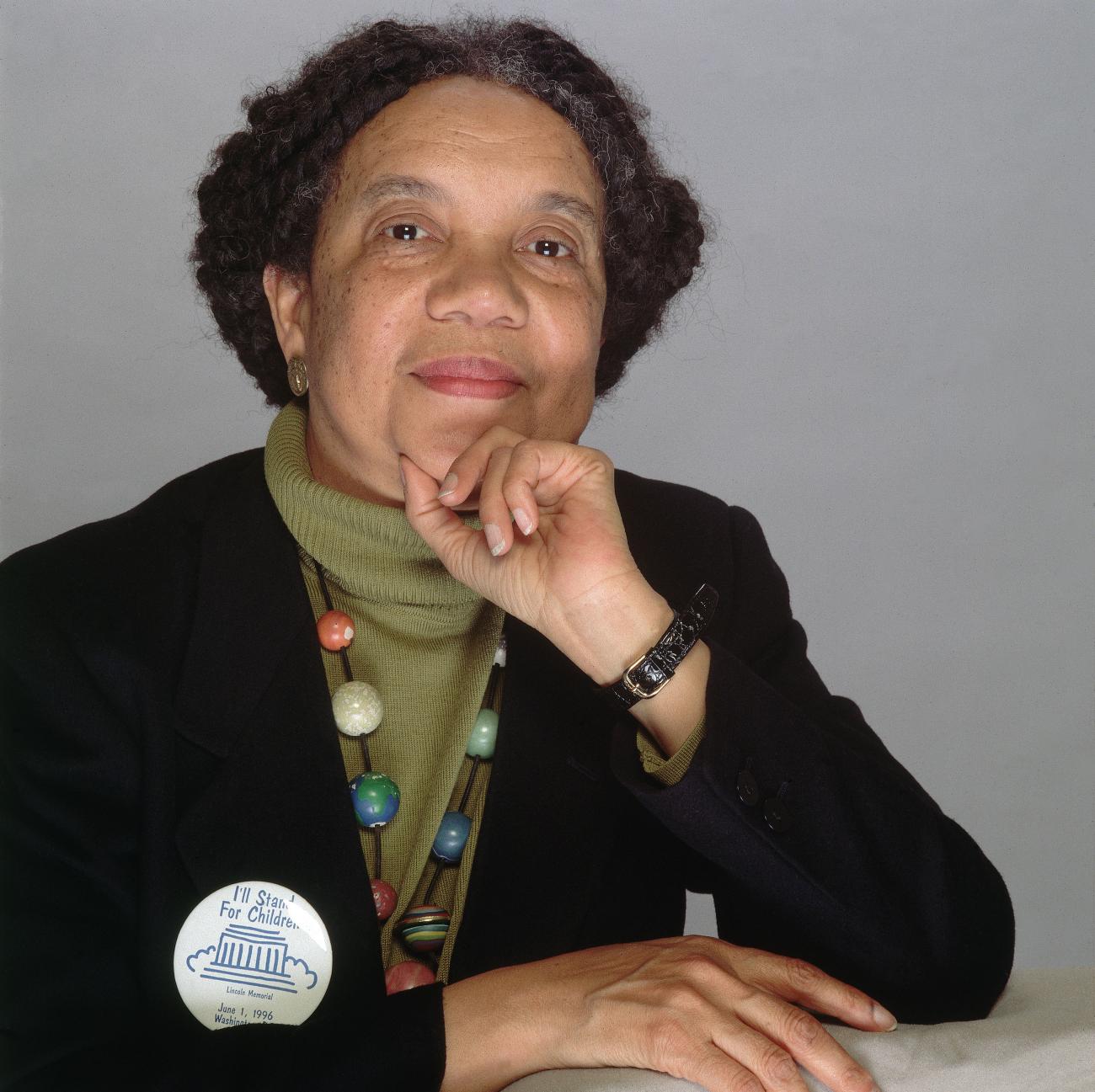
Marian Wright Edelman
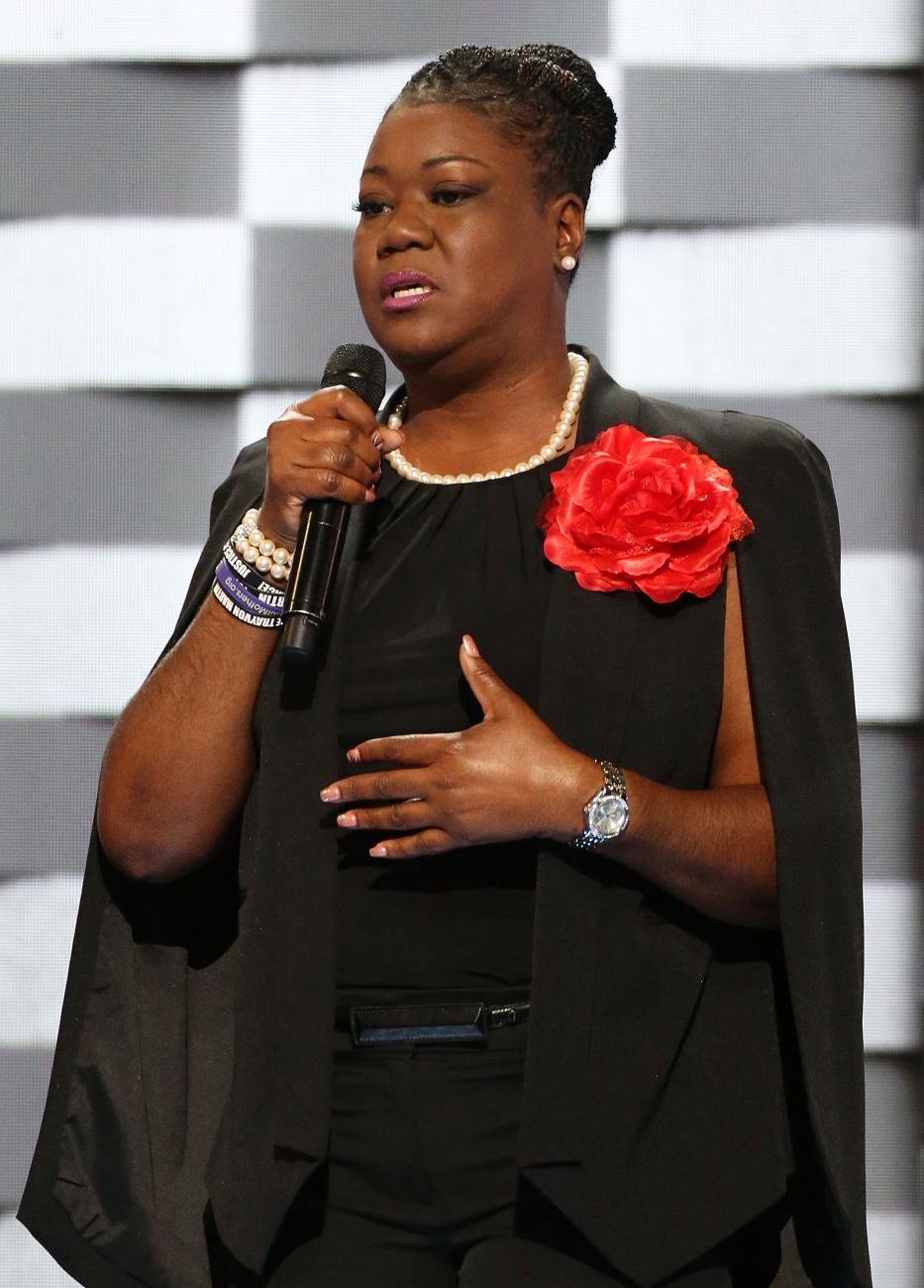
Sybrina Fulton
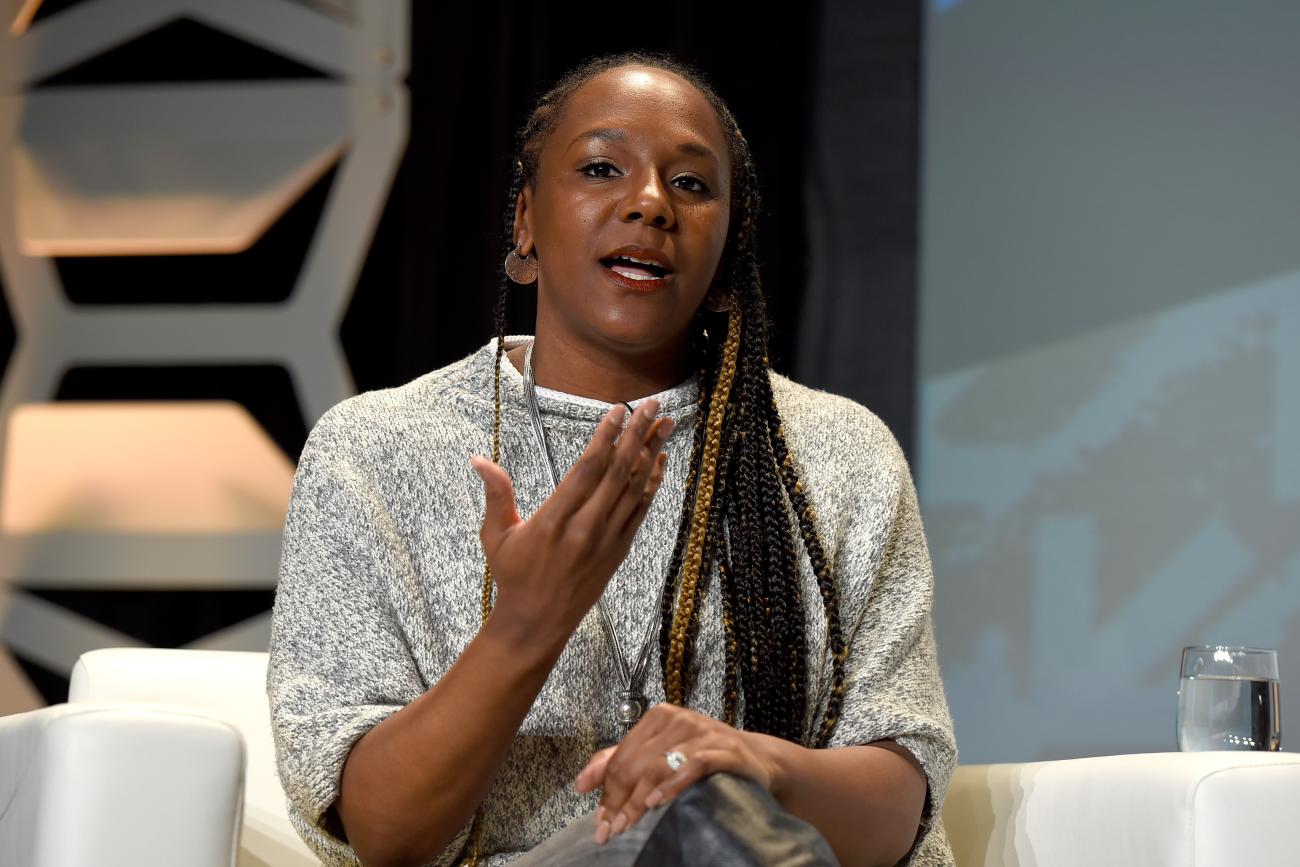
Bree Newsome
Women united . . . have moved mountains. President, National Council of Negro Women, 1949
Making a Way Out of No Way
Explore themes of agency, creativity and resilience through personal stories of African Americans who challenged racial oppression and discrimination.
